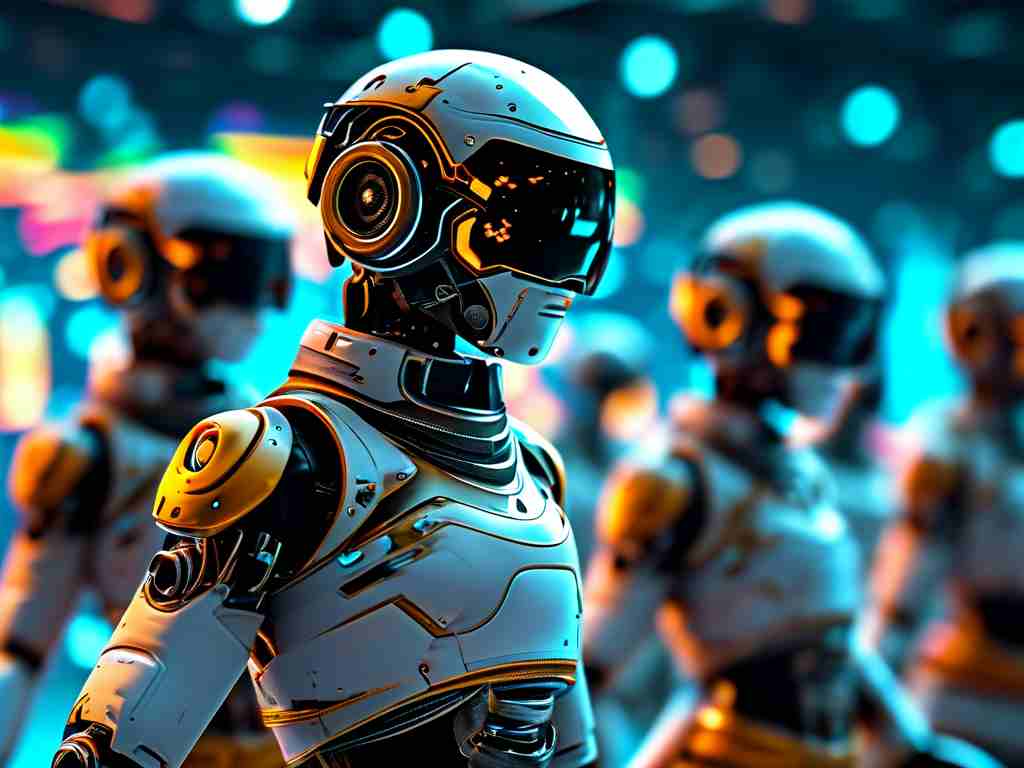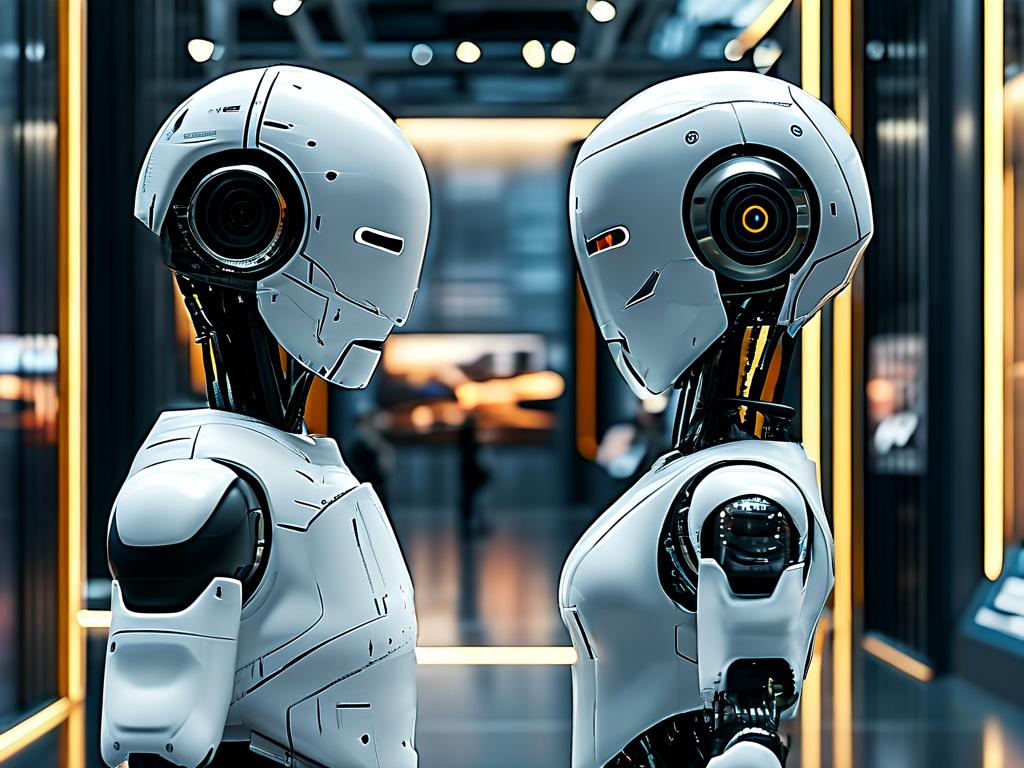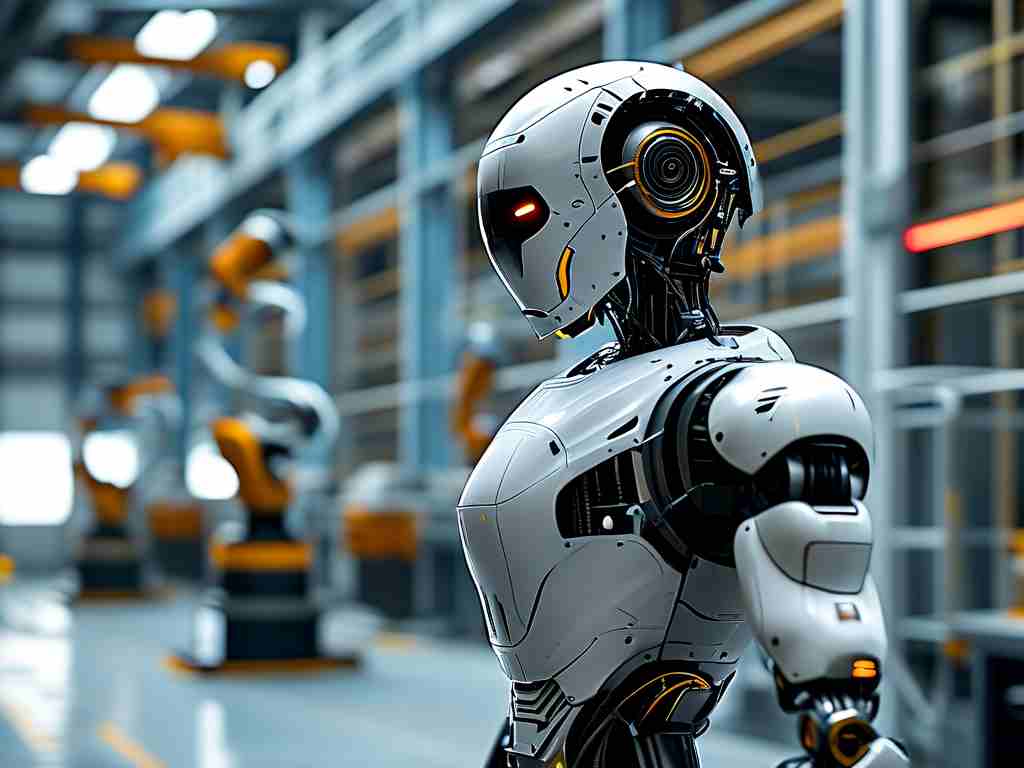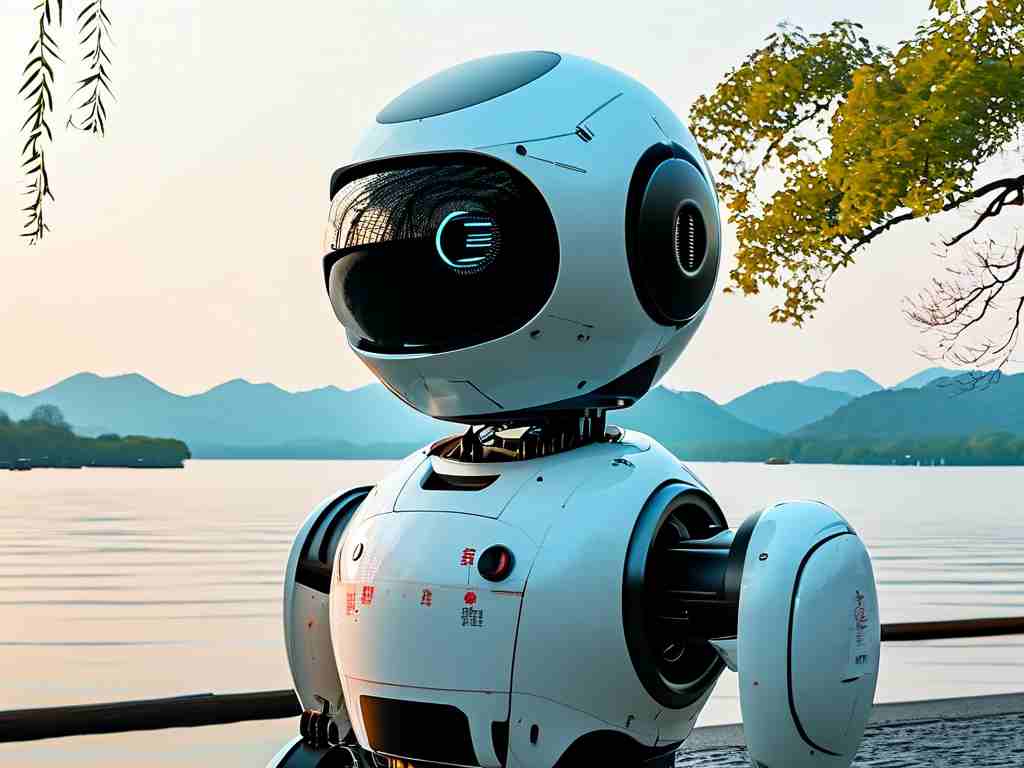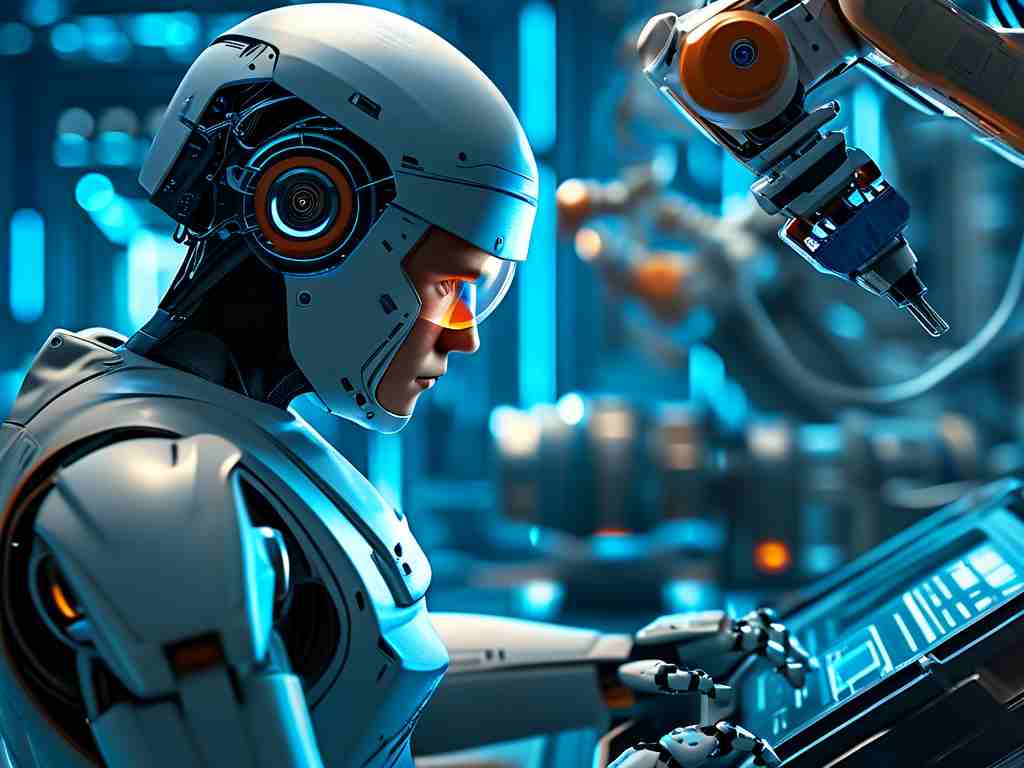In the rapidly evolving field of artificial intelligence and software development, the role of an algorithm engineer has become indispensable. At Seven Cats, a fictional tech company renowned for its cutting-edge solutions, algorithm engineers play a pivotal role in shaping products that impact millions of users. This article explores the responsibilities, challenges, and innovations associated with being a Seven Cats Algorithm Engineer, shedding light on how this role bridges theoretical research and real-world applications.

The Core Responsibilities
A Seven Cats Algorithm Engineer is tasked with designing, optimizing, and deploying algorithms that power the company’s products. These range from recommendation systems for e-commerce platforms to computer vision models for augmented reality applications. Key responsibilities include:
- Problem Analysis: Collaborating with product managers to identify pain points and define algorithmic requirements. For instance, improving user engagement might require refining a personalized content recommendation engine.
- Algorithm Design: Developing novel algorithms or adapting existing ones to meet specific business needs. This often involves experimenting with machine learning frameworks like TensorFlow or PyTorch.
- Performance Optimization: Ensuring algorithms operate efficiently under constraints such as latency, memory usage, and scalability. A Seven Cats engineer might optimize a natural language processing (NLP) model to run seamlessly on mobile devices.
- Cross-functional Collaboration: Working with data engineers to streamline data pipelines and with DevOps teams to deploy models into production environments.
Technical Skills and Tools
To thrive in this role, a Seven Cats Algorithm Engineer must master a diverse toolkit:
- Programming Languages: Proficiency in Python, C++, or Java is essential. Python dominates for prototyping, while C++ is critical for performance-heavy tasks.
- Machine Learning Frameworks: Expertise in libraries like Scikit-learn, Keras, and Hugging Face Transformers is crucial for building and fine-tuning models.
- Big Data Technologies: Familiarity with Apache Spark or Hadoop helps process large datasets efficiently.
- Cloud Platforms: Experience with AWS, Google Cloud, or Azure ensures scalable deployment of algorithms.
- Version Control: Git and platforms like GitHub or GitLab are non-negotiable for collaborative development.
Challenges in the Role
The path of a Seven Cats Algorithm Engineer is fraught with challenges:
- Balancing Accuracy and Efficiency: A model might achieve 99% accuracy in a lab setting but fail in production due to latency issues. Engineers must strike a balance without compromising user experience.
- Data Scarcity and Quality: In domains like healthcare or niche markets, obtaining high-quality labeled data can be a bottleneck. Techniques like synthetic data generation or transfer learning are often employed.
- Ethical Considerations: Algorithms can inadvertently perpetuate biases. Seven Cats engineers are expected to implement fairness checks, such as adversarial debiasing or demographic parity analysis.
- Keeping Pace with Innovation: The AI landscape evolves rapidly. Staying updated with breakthroughs—like transformer architectures or quantum machine learning—is a constant demand.
Case Study: Revolutionizing E-commerce Recommendations
A recent project at Seven Cats highlights the impact of algorithm engineers. The team was tasked with overhauling the recommendation system for an online marketplace. The existing system relied on collaborative filtering, which struggled with cold-start problems (e.g., new users or products with limited interaction data).
The engineers adopted a hybrid approach:
- Graph Neural Networks (GNNs): To model complex relationships between users, products, and contextual data.
- Reinforcement Learning (RL): To dynamically adjust recommendations based on real-time user feedback.
- Edge Computing: Deploying lightweight models on users’ devices to reduce server load and latency.
The result was a 35% increase in click-through rates and a 20% boost in conversion rates, demonstrating the tangible value of algorithmic innovation.
The Future of Algorithm Engineering at Seven Cats
Looking ahead, Seven Cats is investing in emerging areas:
- AI for Sustainability: Developing algorithms to optimize energy consumption in data centers or reduce carbon footprints in supply chains.
- Federated Learning: Enhancing privacy by training models on decentralized data sources, such as user devices.
- Quantum Computing: Exploring quantum-enhanced algorithms for tasks like cryptography or optimization problems.
The role of a Seven Cats Algorithm Engineer is both demanding and rewarding. It requires a blend of technical expertise, creativity, and ethical awareness to transform abstract ideas into solutions that resonate with users. As AI continues to reshape industries, these engineers will remain at the forefront of innovation, ensuring that technology serves humanity in meaningful ways.
For aspiring algorithm engineers, Seven Cats offers a unique playground to tackle complex problems, collaborate with world-class talent, and leave a lasting impact on the digital landscape.


